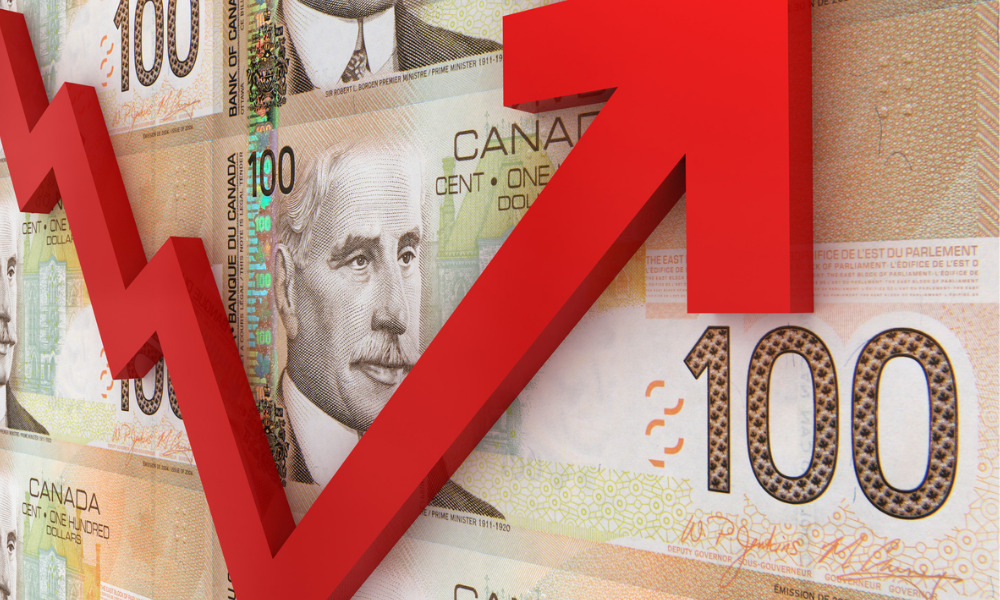Frustrated fixed-income investors, including leading Bay Street bank officials, urge government to reconsider

Finance Minister Chrystia Freeland's move to stop issuing a certain category of inflation-protected bonds has angered a group of fixed-income investors that the Bank of Canada (BoC) regulates.
Real return bonds (RRBs), which are a useful inflation hedge for pension funds and other institutional investors because the yield is linked to changes in the consumer price index, will no longer be issued.
But in the most recent meeting minutes published by the Canadian Fixed-Income Forum, members "disagreed with the government's reasons" for discontinuing the bonds, reported the Financial Post.
In the minutes of its November 29 meeting and published on the Bank of Canada’s website on December 16, the group said, “All (members) strongly agreed that inflation indexed-linked bonds are a very important asset class that serves a crucial role in allowing Canadian investors to manage their exposure to inflation and, in a well-functioning market, provides central banks and markets participants with an important measure of inflation expectations.”
“With the decision to eliminate new RRB issuance, market participants lost a way to express their inflation views and some members enunciated that the decision may create a perception that the government may not have full confidence in containing inflation.”
Currently, Canada is the only G7 nation not releasing any new sovereign inflation index-linked bonds.
Based on the minutes, the BoC staff members abstained from the discussion of RRBs since the central bank oversees the federal government's debt management plan.
On the other hand, it appears that the Bay Street members came to the meeting to express their frustration over a choice that not many people anticipated.
Jim Byrd, the global head of rates trading at RBC Capital Markets, the investment banking division of the Royal Bank of Canada, and Toni Gravelle, the deputy governor of the Bank of Canada, co-chair the committee.
There are 15 people on the membership list in total, including officials from Bank of Nova Scotia, Bank of America, Canadian Imperial Bank of Commerce, Toronto-Dominion Bank, and the investing branch of Canadian National Railway Co.
Canadian National Railway is one of 10 best Canadian blue chip stocks to hold long-term. Read more here.
Because financial organizations base their lending on the cost and accessibility of risk-free assets, inflation-protected debt is a significant part of the modern financial system.
However, in her November fiscal update, Freeland unexpectedly and with little explanation ended the Government of Canada's real return bond program.
“This decision reflects low demand for this product and will allow the government to promote liquidity by consolidating funding within our core funding sectors.”
The lengthy period of low inflation that followed the Great Recession was likely a contributing factor in the low demand.
To prevent a protracted period of disinflation, central banks kept benchmark interest rates at or near zero for the greater part of a decade. Since there was no inflation, investors didn't really need to spend more to protect themselves.
However, the background has since shifted as the headline inflation rate in Canada increased to 8.1% in June and is currently hovering around 7%, the highest levels since the early 1980s.
In light of the government's "unexpected" decision to stop issuing ultra-long bonds earlier this year, the committee "unanimously agreed" that Freeland should reconsider, since the abrupt elimination of RRBs could erode confidence in the market for Canadian debt.



